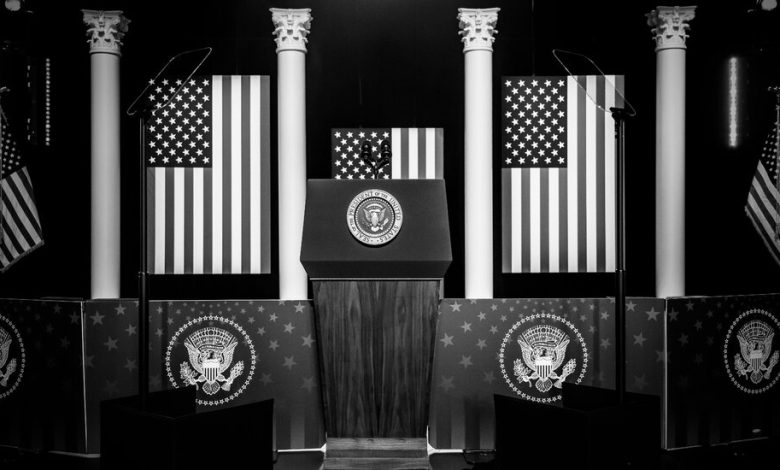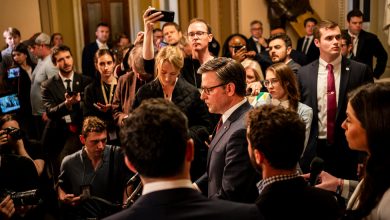The Founding Fathers Don’t Have the Answer to Every Question

As things stand now, 48 states are set to allocate their electors this November according to the winner of the popular vote in their state. Whoever gets the most votes — no matter the margin — gets all the electors.
In the remaining two states, Maine and Nebraska, the process works a little differently. There, electoral votes are partially divvied up on a proportional basis. In Nebraska, two of its five electoral votes are given to the winner of the statewide popular vote, while the other three are given to the victor in each of the state’s three congressional districts. In Maine, two of the state’s four electoral votes go to the winner of the popular vote, while the other two are split between its two congressional districts.
In the 2020 presidential election, for only the second time since it adopted this system in 1991, Nebraska split its electoral votes between the two candidates on the ballot. Donald Trump won the state and its first and third congressional districts, while Joe Biden won the second congressional district, representing the city of Lincoln and parts of Omaha.
Biden won that election with 306 electoral votes; the Nebraska elector did not make a difference. But in an exceedingly close election — say, an election between an unpopular incumbent and an equally unpopular challenger (himself a former incumbent) — it could. Which is why Nebraska Republicans have launched an effort, backed by Trump, to end its quasi-proportional allocation of electoral votes.
Nebraska Republicans seem to know that this move is a vigorous exercise in partisan venality, which is why they’ve tried to defend it with a time-honored appeal to the founding fathers. “It would bring Nebraska in line with 48 of our fellow states, better reflect the founders’ intent, and ensure our state speaks with one unified voice in presidential elections,” Gov. Jim Pillen, a Republican, wrote in a statement. (Trump called it “a very smart letter.”)
It is well within the rights of the Nebraska Legislature to adopt the winner-take-all system that most other states use to allocate electors. But I am less interested in the substance of the change than I am in the justification for the decision. That is the common, even ubiquitous, idea that the current form of the Electoral College represents the original intent of the drafters and ratifiers of the Constitution. The problem is simple: It’s not true.




